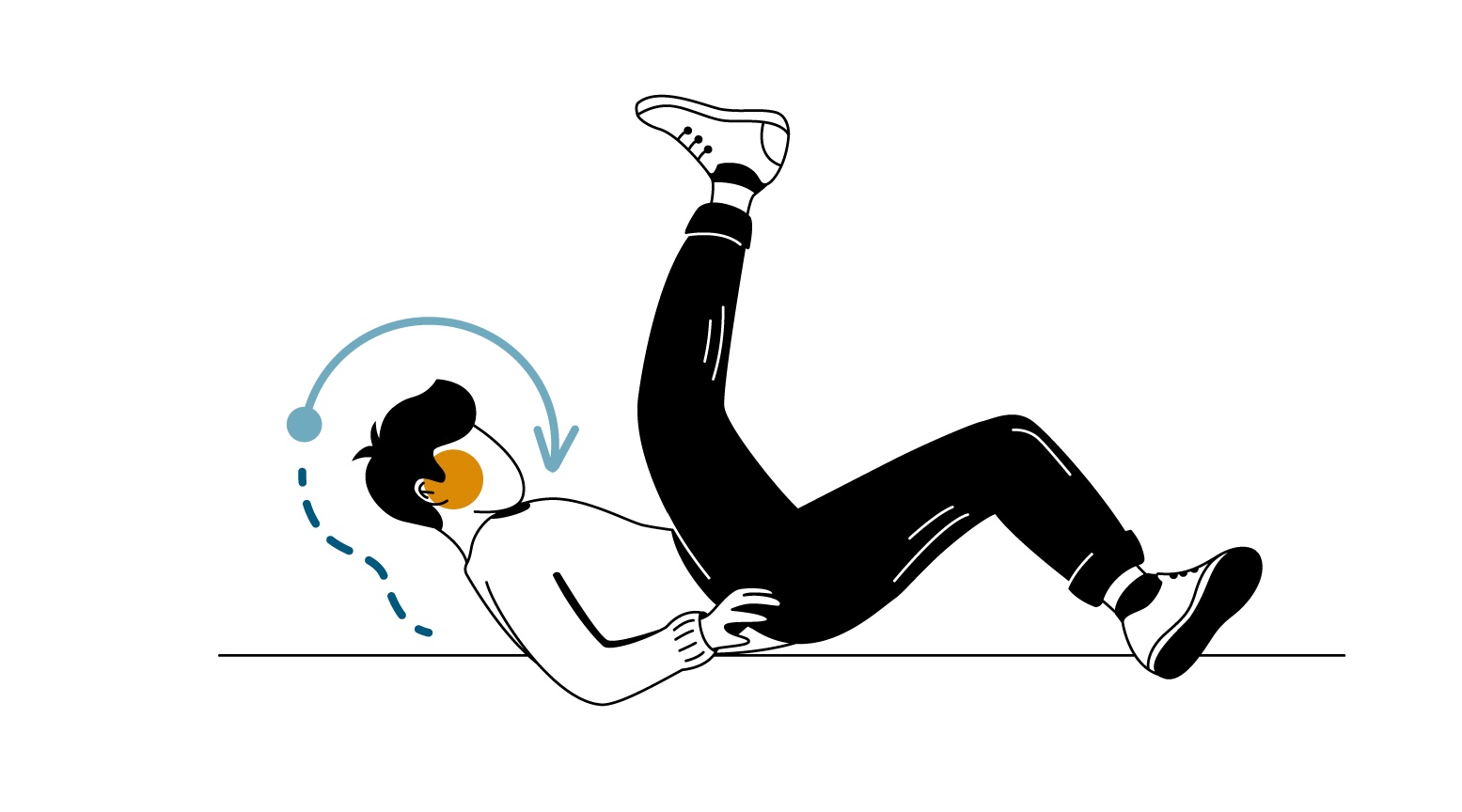
Workers’ comp
.png)
A collaborative approach to workers' comp in Aspen
Aspen, known for its mountain charm, poses unique workers' compensation challenges as a complex municipality.
Our difference
Safety and training

Order materials
We offer a a library of valuable resources available to policyholders.
View order materialsResources
.webp)








